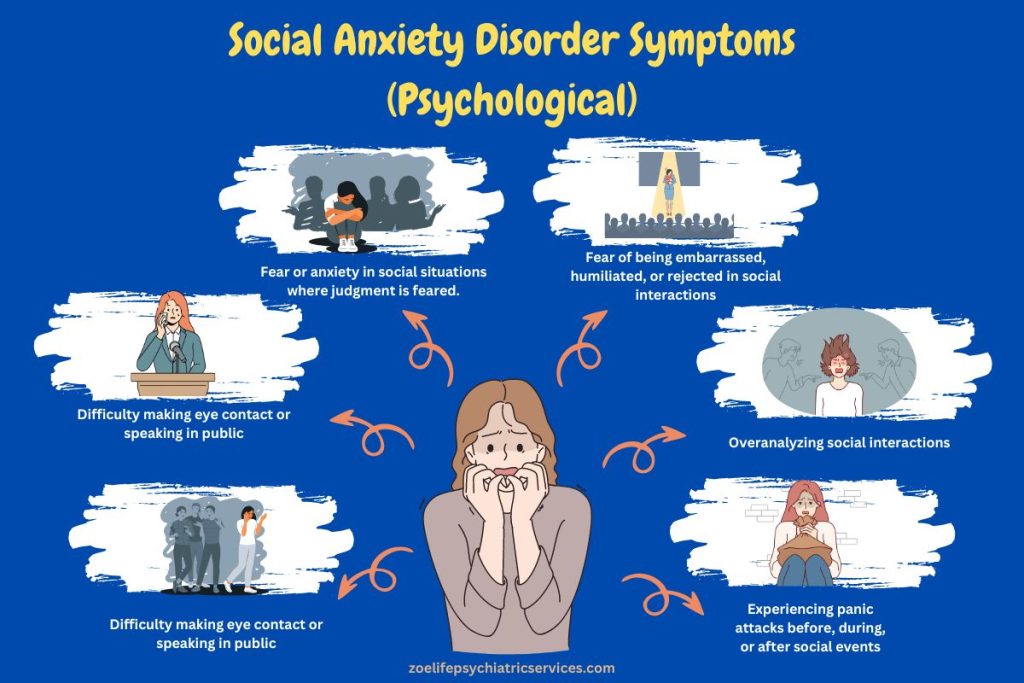Background
As advancements in cancer treatments emerged, they brought along unavoidable side effects. Radiation therapy, now a cornerstone in oncology, comes with persistent impacts on the body, one of the most significant being radiation-induced skin injury (RISI) (Jaschke et al., 2017). This condition remains a common and challenging complication for both patients and clinicians.
The skin serves as a physical shield and a habitat for a diverse ecosystem of microorganisms, collectively known as the microbiota. These microbes play a critical role in maintaining skin health by supporting wound healing, regulating inflammation, and preventing infections. Any disruption to this microbial balance can have extensive consequences for recovery and immune response.
Continue reading “When Healing Hurts: The Hidden Toll of Radiation on Skin Health”

